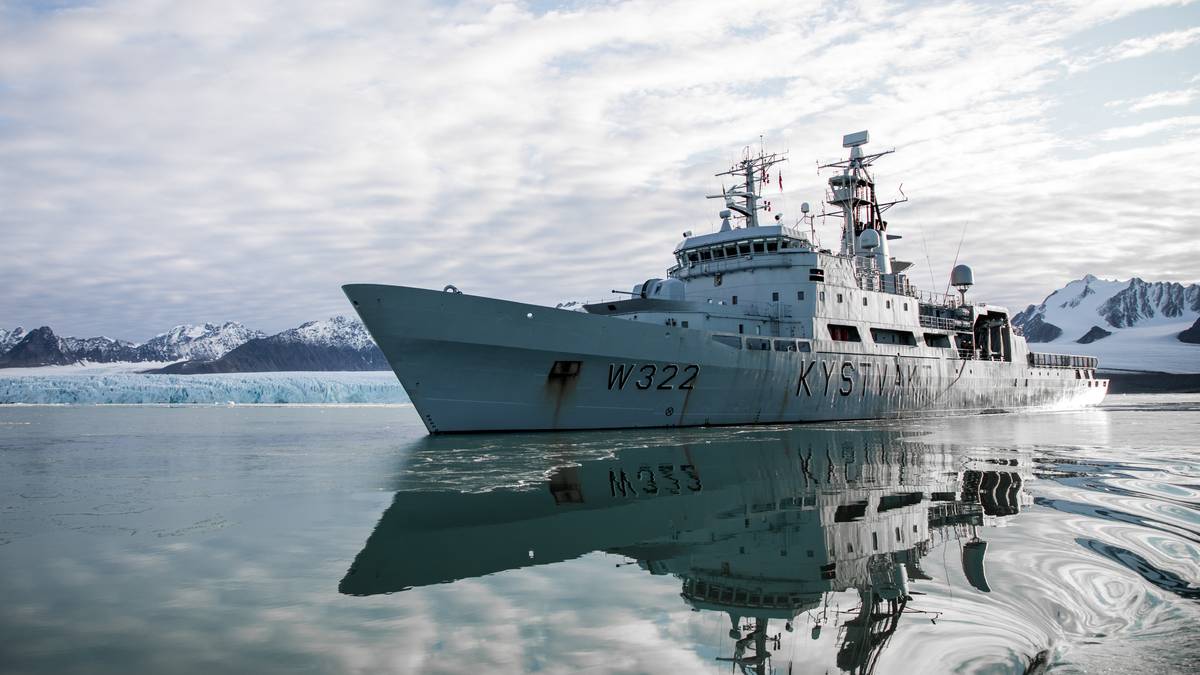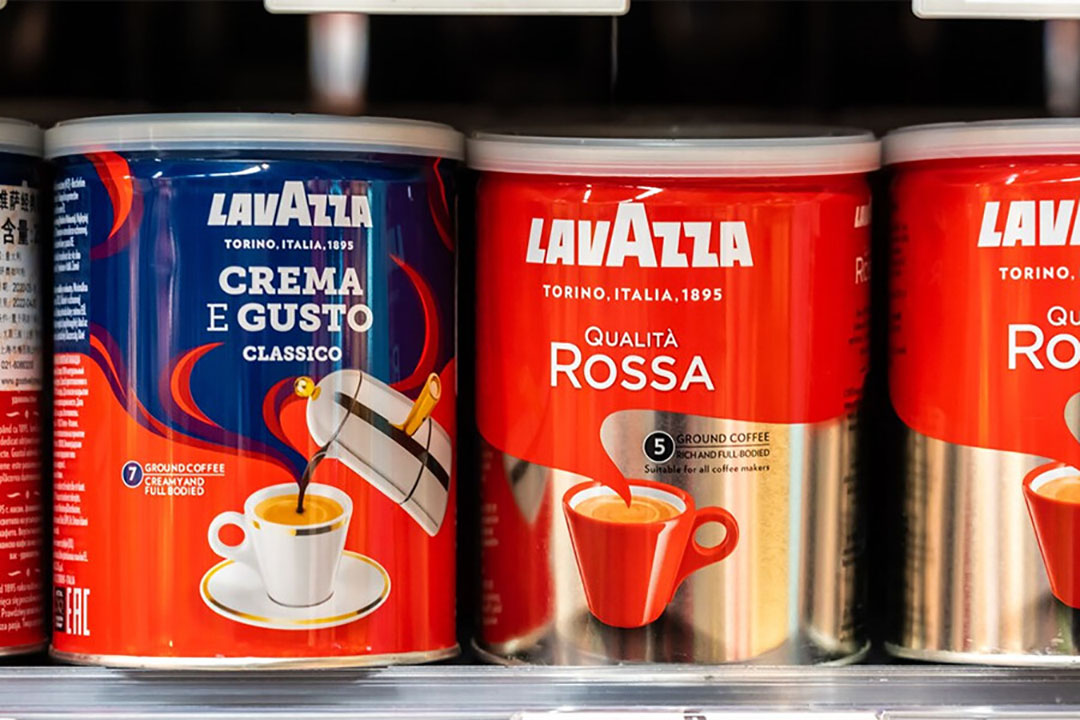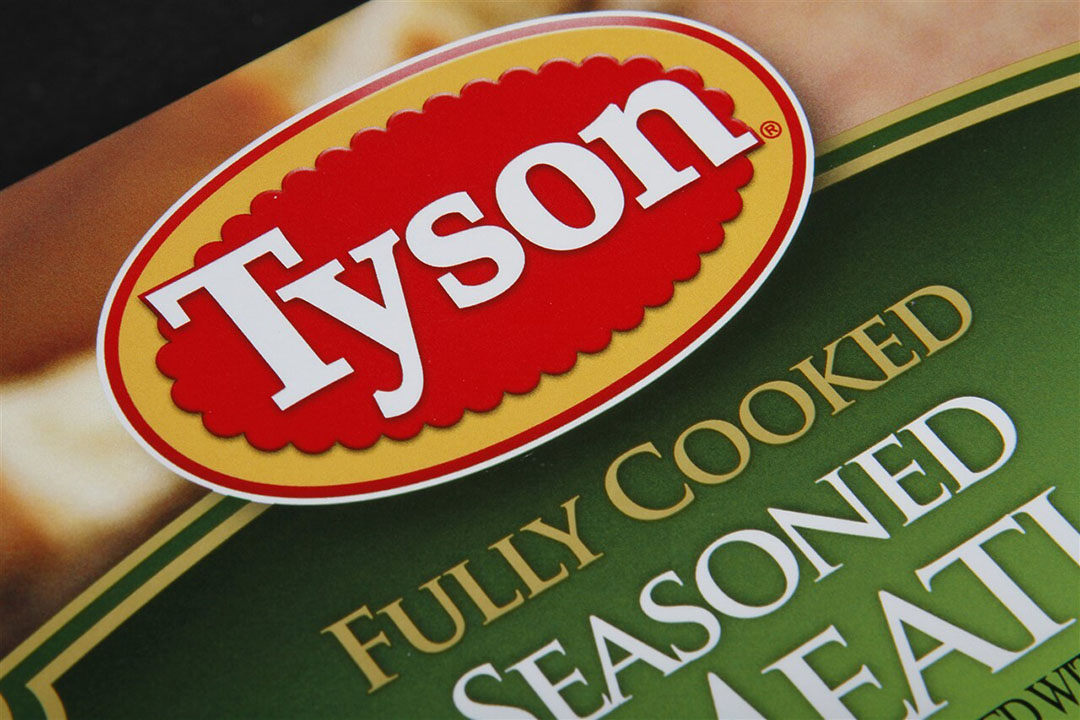14 shipping companies in six EU countries and one in the UK are behind the lawsuit. They believe that they have the right to the quota set by the EU.
Norway disagrees.
Because while Norway has reduced its quota for EU ships to around 19,000 tonnes, the EU is operating with a quota of 29,000 tonnes.
This is despite the fact that Norway is responsible for managing fishing quotas in the protected zone around Svalbard.
Fiskeribladet mention the lawsuit first.
When Brexit is a fact, Norway believes that fishing quotas for the EU should be reduced. The UK received a quota of 5,500 tonnes, while the EU reduced the original quota by around 10,000 tonnes.
The remainder of the original quota is divided between Norway and Russia.
Since then, the conflict between the EU and Norway has continued. While the EU threatens Norway with sanctions, Norway threatens the EU with the Coast Guard.
The interest group is the European North Atlantic Fisheries Association, Enafa, which is leading the competition.
Lost his job
Torben Foss at law firm and consulting firm PwC Bergen helps Enafa.
– Taking 10,000 tons of cod from someone, it causes someone to lose their job. There are some Spanish, French, Polish and German fishermen who are no longer benefiting from the Svalbard zone they have had for the past 35 years, he said.
Since 1987, there has been a fixed pattern in the distribution of quotas in the Svalbard zone. Norway then sets quotas for the EU, and the EU has approved and distributed these quotas to member states.
– This provides the basis for having complete calm and predictability in the Svalbard zone. It was this scheme that Norway ended with one stroke in December last year, Foss said.
Torben Foss and PricewaterhouseCoopers (PwC) Bergen.
Private photo
He said the summons was issued on the basis of two independent legal grounds on which they believed Norwegian authorities were at fault.
Foss believes it is right to take the case to a Norwegian court.
– This is a conflict with one of our closest trading partners and allies. It’s important that the courts have the opportunity to look at it, and arrive at a result that both plaintiffs and defendants deem fair, he said.
Questions about respect
Minister of Fisheries and Seafood Odd Emil Ingebrigtsen confirmed that the Ministry of Trade and Fisheries received a summons from the Oslo District Court on Thursday.
– Now we’ll make a summons, and the Attorney General will respond. The state’s view of the plaintiffs’ arguments will come there, he replied in an email to NRK.
Ingebrigtsen is not surprised that the state is now being sued, and points out that the plaintiffs’ spokespeople have previously acted high on the ground. If the plaintiffs are upheld, then the regulation must be changed so that it is within the scope of the law.

Fisheries and Seafood Minister Odd Emil Ingebrigtsen said it was important that Norway’s quotas were respected.
Photo: Malin Straumnsnes / NRK
The minister said it was important that the quotas that Norway set in its waters were respected when they allowed ships of other countries to fish there.
– If there is to be a disagreement about the size of the quota, it has to be resolved between states and not by one party insisting on being able to catch more fish in our waters than Norway allows. This is a fundamental question of respect for international and national law, Ingebrigtsen concludes.

“Certified introvert. Devoted internet fanatic. Subtly charming troublemaker. Thinker.”







